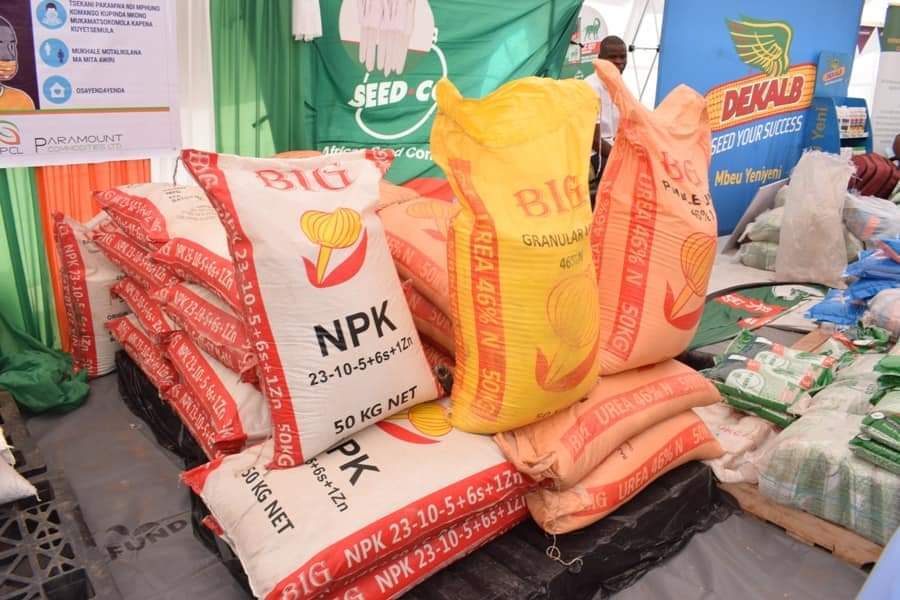Malawi is grappling with a fertilizer crisis that has sent shockwaves through its agricultural sector, raising serious questions about government accountability. The price of fertilizer skyrocketed from K4,500 to K180,000 after funds meant for the procurement of this essential agricultural input were allegedly mismanaged by the Chakwera administration.
Investigations reveal that instead of purchasing fertilizer from licensed manufacturing companies, the government reportedly bought large quantities from unofficial outlets, sometimes referred to as “butchery shops.” These irregular purchases have fueled public outrage, as farmers struggle to access affordable fertilizer ahead of the planting season.
“This mismanagement has directly contributed to food insecurity,” said an agricultural economist. “Farmers are unable to cultivate enough crops, which will have a ripple effect on the nation’s food supply.”
Questions remain about who authorized these purchases and who ultimately received the fertilizer. Critics accuse the government of failing to prioritize transparency, suggesting that financial gain may have influenced the irregular transactions.
In response to public pressure, some officials have been dismissed, and efforts are underway to recover misappropriated funds. Yet, many Malawians feel that justice has been slow, and the crisis has already left vulnerable communities at risk of hunger.
The fertilizer scandal underscores the urgent need for transparent procurement systems and accountable governance. As the nation heads into another agricultural season, the spotlight is on the government to ensure that resources reach the people who need them most—Malawi’s farmers.



